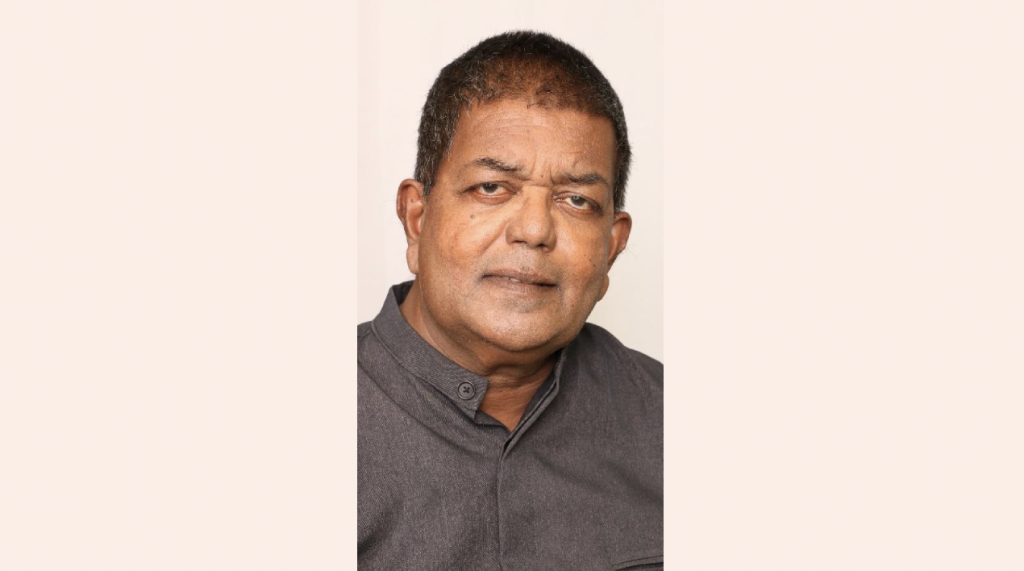Decision making is part of every organization and should be done in a democratic manner with the input of all members of the executive. But is that always the case? In most cases it is the imposition of the will of one individual on the others. Very rarely are discussions held, dissension respected, and genuine striving to build consensus is allowed.
This dictatorial posturing has been a major cause for many setbacks in the diaspora. Several leaders have opted to have their way and the results have been open conflict and mass exodus from organizations. Despite these bitter experiences in the past our contemporary leaders appear not to have learnt. Instead of democratizing the organization to attract new faces, the leader usually purges the organization to transfer power to a son, daughter, or close relative.
Whose decision was it to make Pandit Jawarharlal Nehru the first Prime Minister of India? It was reported that the eighteen-member cabinet voted unanimously for Sadar Patel to be Prime Minister. This wish of the majority was censored by Mahatma Gandhi who insisted that Nehru be installed as Prime Minister. What followed was appeasement politics of the minorities and the propagation of a policy of pseudo secularism to suppress the Hindu majority.
Gandhi succeeded in frustrating Subhash Chandra Bose after he was elected President of the Congress in 1939, defeating Pattabhi Sitaramayya, the nominee of the former. Bose left the country and pursued his mission to liberate India and died in the process.
How has the leadership of major Hindu organizations emerged in Trinidad? Not by majority vote or consensus but by lineage, that is, being an heir of the founding father. One pandit abandoned the community mandir to build a family mandir which ‘I can pass on to my son.’ This culture has created a weak community as the best talents are not given an opportunity to rise.
The leader, though, harbors sycophants who are totally dependent on him. If he or she alone has some intelligence, there is no genuine effort to build the confidence of the other members. They are usually reduced to servants to carry out their biddings, not to think or make suggestions.
The culture of making a demigod of a leader must be denounced. We must encourage a culture of equal participation and consensus building. The US remains a powerful nation because it has a strong constitution that places the rights of the people above the interest of an individual or a family.
The current crisis to increase the debt ceiling must be passed by the majority in both houses of Congress. The President must work to build consensus, respecting the independence of institutions. This is unlike any third world country where the leader uses Parliament as a rubber stamp to impose his will on the people.
In most of our mandirs the leader sings the praises of Rama but chooses to live like Ravana. This is a disease that must be treated if we genuinely want to build a strong and vibrant Hindu community.
Our mandirs should be nurseries for developing democratic leadership. Listening to the views of others before decisions are taken should be central to taking decisions. If this simple but important practice is encouraged there will be greater participation in our community groups, national politics, family life and interpersonal relationships.
